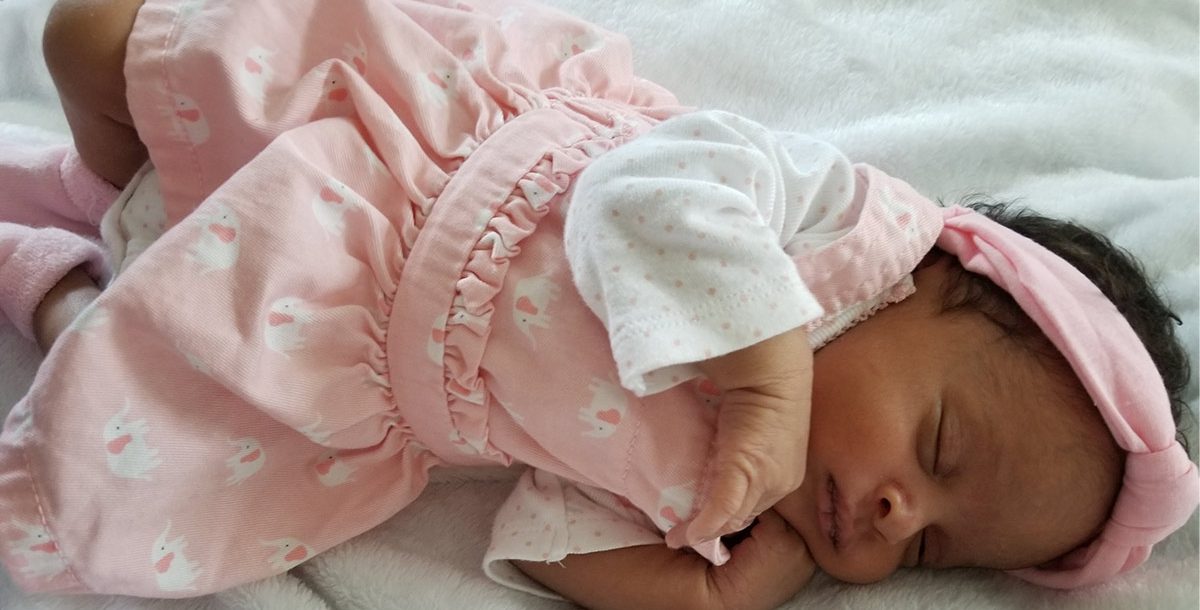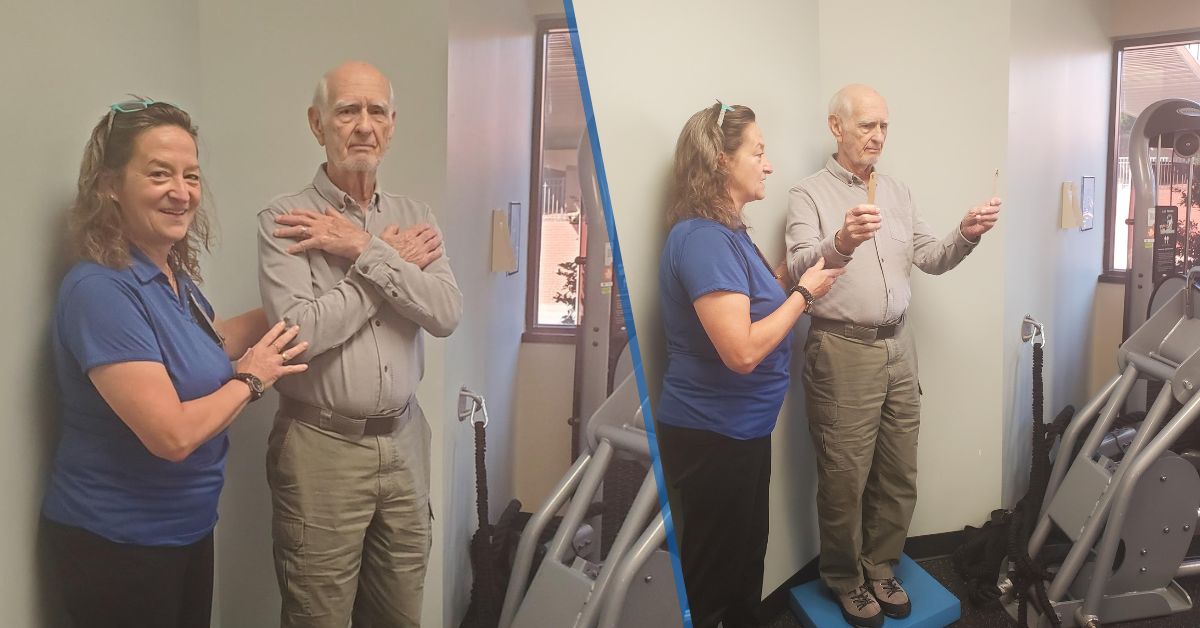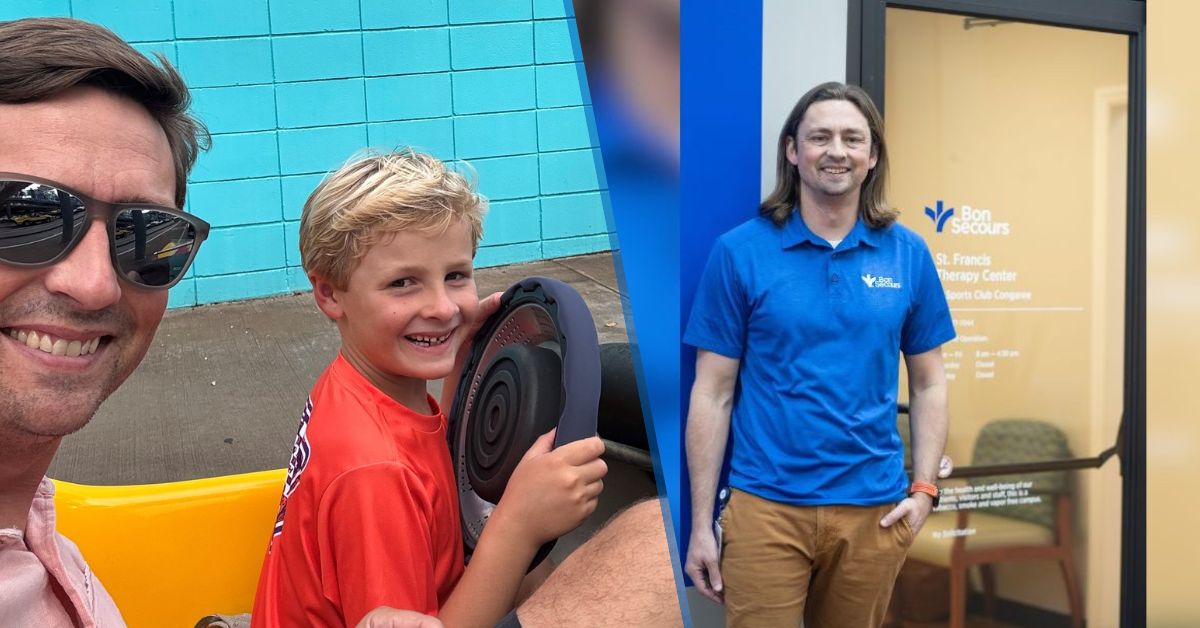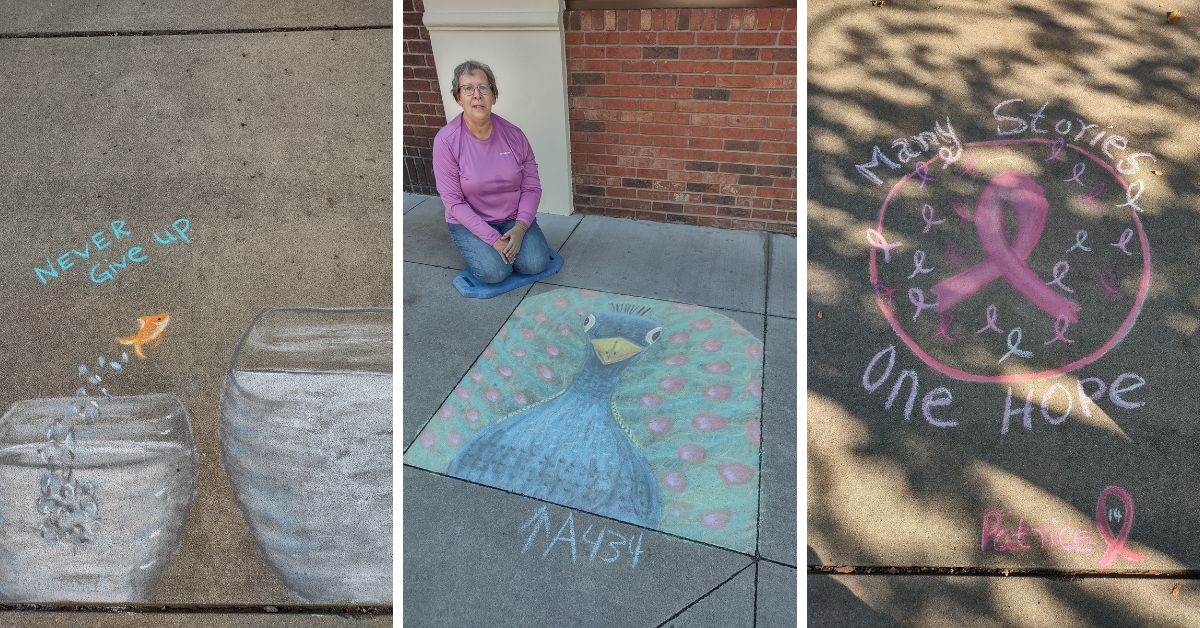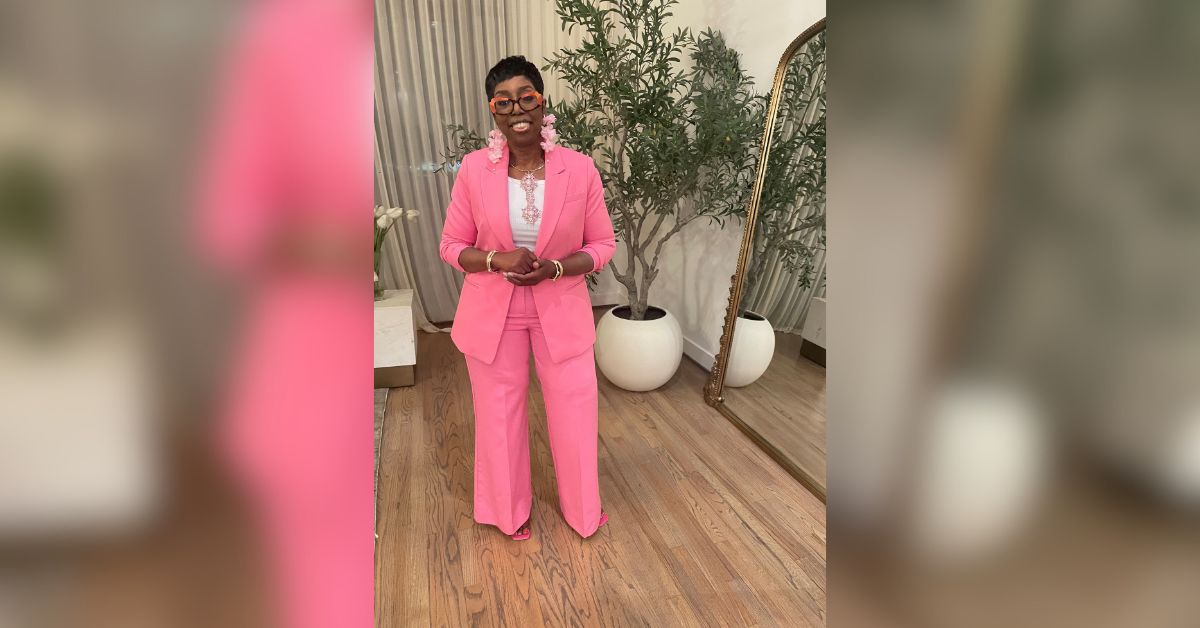Pregnant with her second child, Krishonna Williams thought she knew what to expect with her birth experiencing. Then the COVID-19 outbreak happened.
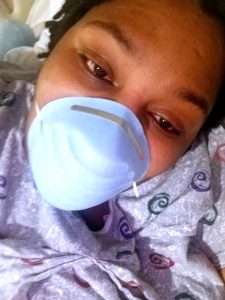
While it was clear the pandemic would cancel any post-delivery hospital room celebrations with family and friends, Krishonna never expected it would also prevent her husband from being in the room to welcome their baby girl into the world.
Krishonna’s problems started when she began experiencing cold-like symptoms during the final stretch of her pregnancy.
“I just started praying that I had the flu,” Krishonna recalls. “I’ve never wanted to have the flu so bad in my life. It sounds crazy, but being pregnant, I was scared. I had no idea how the coronavirus would affect my pregnancy, and at least if I had the flu, I’d know how to deal with it.”
Shortly thereafter, the soon to be mother-of-two tested positive for COVID-19. As a result, she was given an appointment with a physician who specializes in high-risk pregnancy. That’s when the next unsettling discovery was made.
“They found I had severely low fluids,” Krishonna reveals. “So, in a way, COVID-19 kind of saved my daughter, because I had no idea it was that close to her not being able to survive in my belly any longer.”
Krishonna was immediately sent to the hospital and scheduled for a C-section. Meagan Eby, a Bon Secours nurse, admits the news of a positive patient coming in had staff members feeling a little anxious.
“As a frontline worker, it’s a terrifying feeling of ‘what if I get it’ or ‘what if I bring it home to my loved ones,” Meagan says. “However, our main priority is to take care of the patients, ease their fears and make this experience the happiest for them. So, no matter what, we are going to work as hard as we can to make this the best experience it can be.”
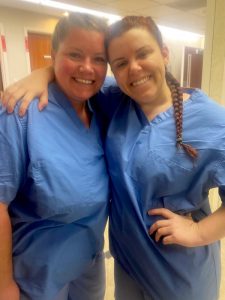
That would be a hard task with Krishonna considering she was not only battling COVID-19 but facing her first-ever C-section without her husband by her side. Krishonna was required to wear an N95 mask to ensure she wasn’t exposing her care team to the virus. She was also not allowed to hold her baby, Marlee, after she made her debut into the world.
“They showed her to me, but I only got to glance at her for a second before they took her away,” Krishonna says. “I didn’t even get a good look at her face, but at that point, I understood that I couldn’t have anyone, including my daughter, around me to protect them and that’s just how it was going to be.”
Krishonna’s nurses were inspired by her strength and positive attitude throughout this unusual experience.
“I’d go home and think about how tough she had it,” remembers Meagan. “This life changing experience is usually happy for everybody. You have all the family members coming to visit, your husband is there, and you’re excited to see your other child experience being a sibling for the first time. I was so sad for her that she didn’t get to experience any of that, but being with her and seeing how strong she was through it made me happy. So, I didn’t have to be sad for her.”
Meagan and the other staff members went out of their way to make sure Krishonna’s experience was a positive one despite all the challenges. One of the first things they did was come up with a way for Krishonna to connect with her baby virtually.
“They let me video chat with my baby, saying anytime I wanted to see her we could set it up. So I saw her during her feedings and sometimes when she was sleeping. I even got to see her open her eyes,” recalls Krishonna. “I would also video chat with my husband at the same time so he could see what was going on, too.”
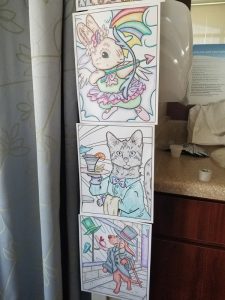
The help didn’t stop there. Because Krishonna was alone in her hospital room for nearly a week, the nurses did what they could to keep her company. They dropped off playing cards, challenged her to coloring contests, and spent time making sure Mom never felt alone.
“I couldn’t have my family with me, but they really stepped in as my support system and made sure I was comfortable,” says Krishonna. “They really helped me tremendously in getting through that time.”
Going home was a bittersweet experience for Krishonna. Because she could still potentially pass COVID-19 to her newborn daughter and her family at home had already been exposed, little Marlee had to go stay with Krishonna’s grandmother.
“With any mother, you worry about postpartum depression,” says Meagan. “Then, she’s sick on top of that and being quarantined without her baby. Everyone was just a ball of nerves and it was really sad, but things worked out. There was light at the end of the tunnel for her.”
Marlee has since been reunited with her parents as well as her big brother, Mycah. Krishonna says everyone is feeling great. She says she also gained some new, lifelong friends in the nurses she bonded with during her hospital stay.
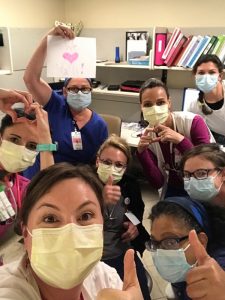
“She had this baby that she couldn’t take care of all the while trying to heal from everything. Seeing her and getting to know her and just seeing her spirit was really uplifting to me. We became so close. I was sad to see her go, but I’m happy that I get to keep in touch via Facebook,” Meagan says with a smile.
The caring staff is one reason Krishonna says other mothers-to-be shouldn’t stress out about how the pandemic will impact their own pregnancies. Having been through quite the ordeal, she says if there’s anything else she’s learned from the experience, it’s that you’re stronger than you think.
“It’s all going to be there, swirling around in your mind. However, you’re strong enough to give birth so you’re strong enough to get through this.”
Stay updated on what Bon Secours is doing related to COVID-19.

